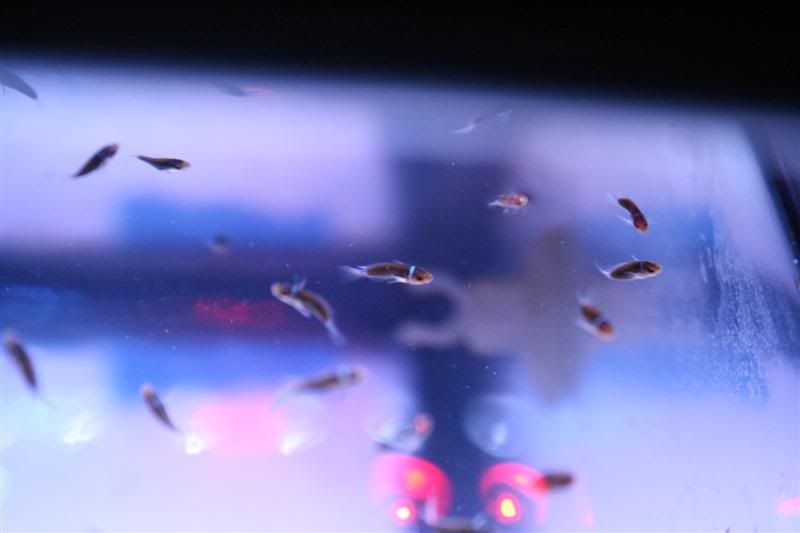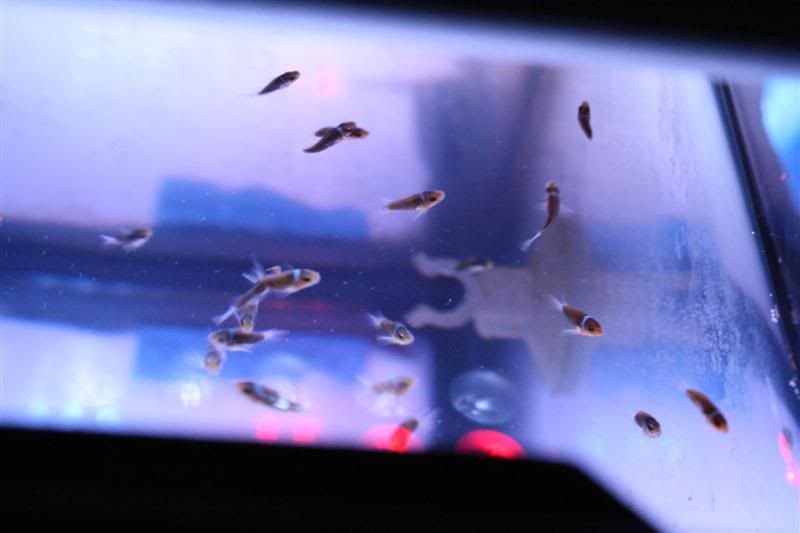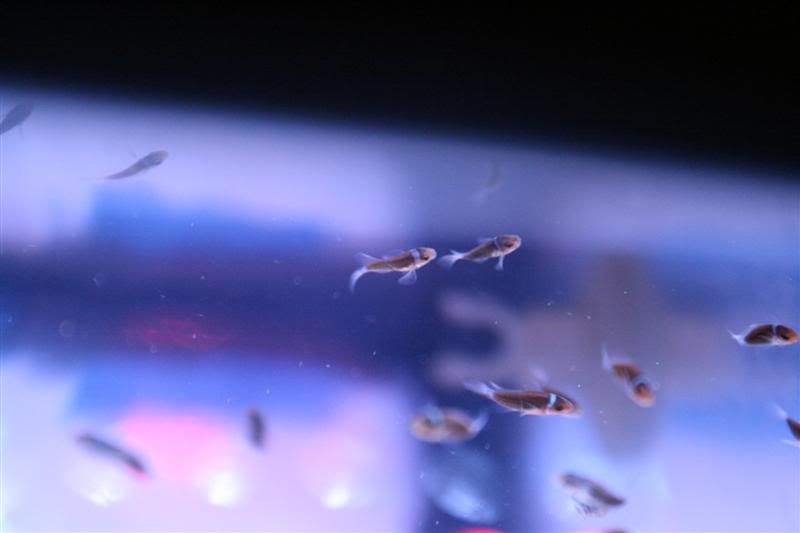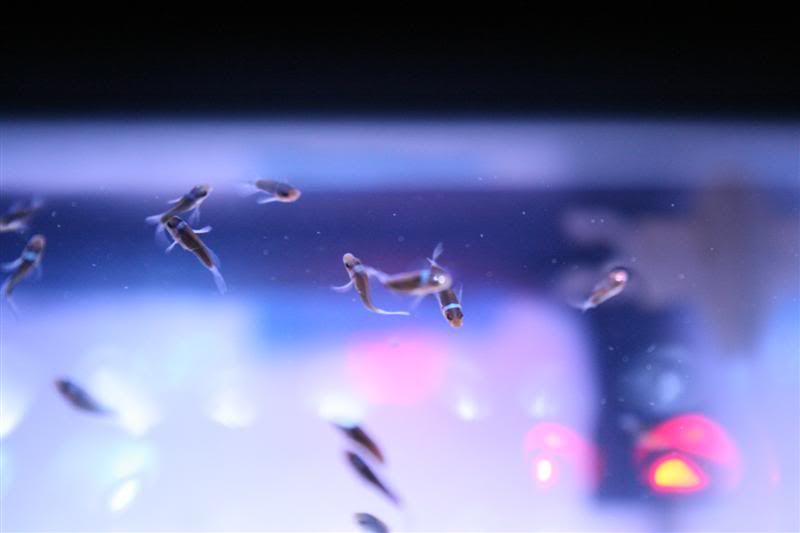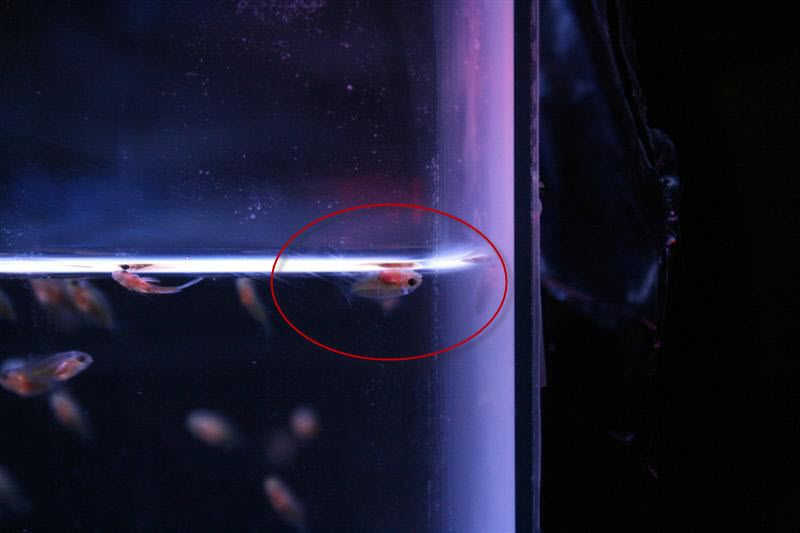Not_Now_John
Guest
How often are you feeding the SPS rotifers?
Not_Now_John said:How often are you feeding the SPS rotifers?
lattehiatus said:Not_Now_John said:How often are you feeding the SPS rotifers?
Harvesting 30% of the rotifer culture daily to feed the reef. No accurate count of the culture density yet.
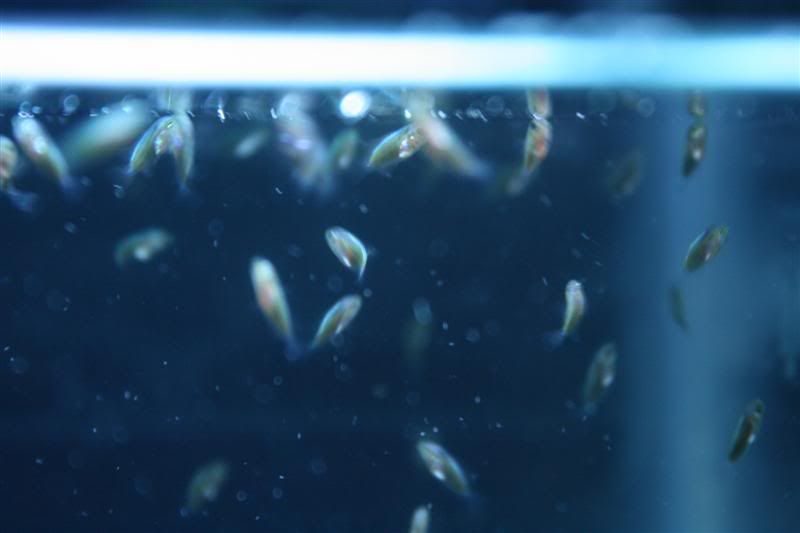
jellygeee said:Wow, great job, David.
Newbie question: Do you have to move the eggs out from the parents before they hatched? My pair of clowns always lay eggs and I actually see the eggs morph into larvae's (with eyes & tails). After a couple of days, they dissapear. I was thinking that either they hatch and become fish food, or the parents consume them. Not sure which is one correct?
Rudy
